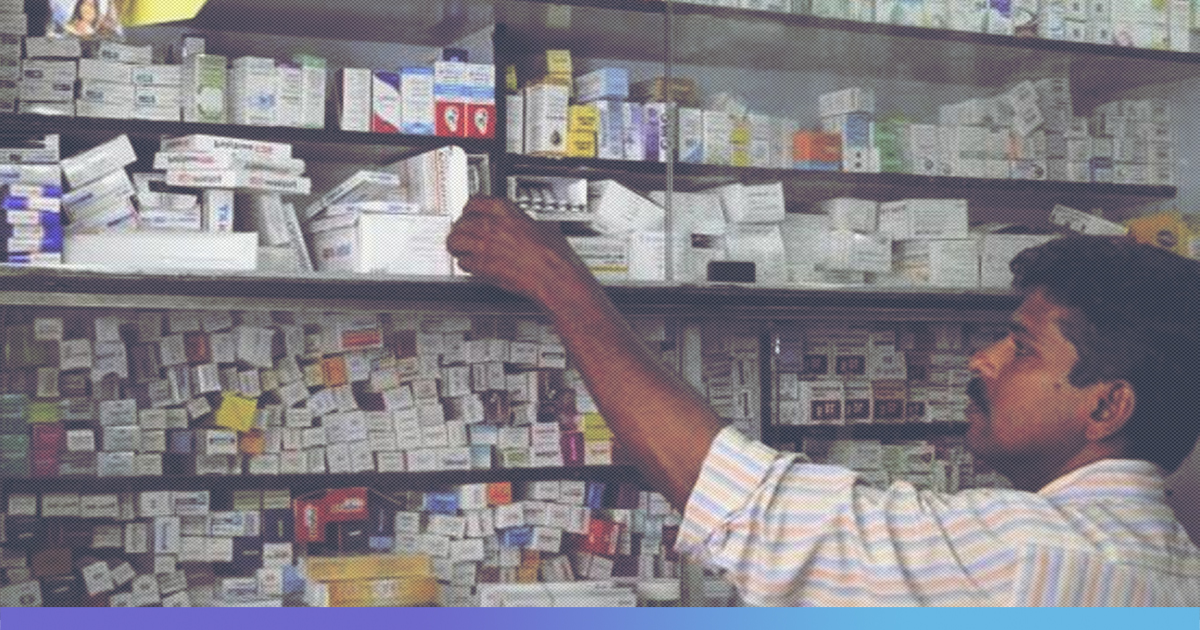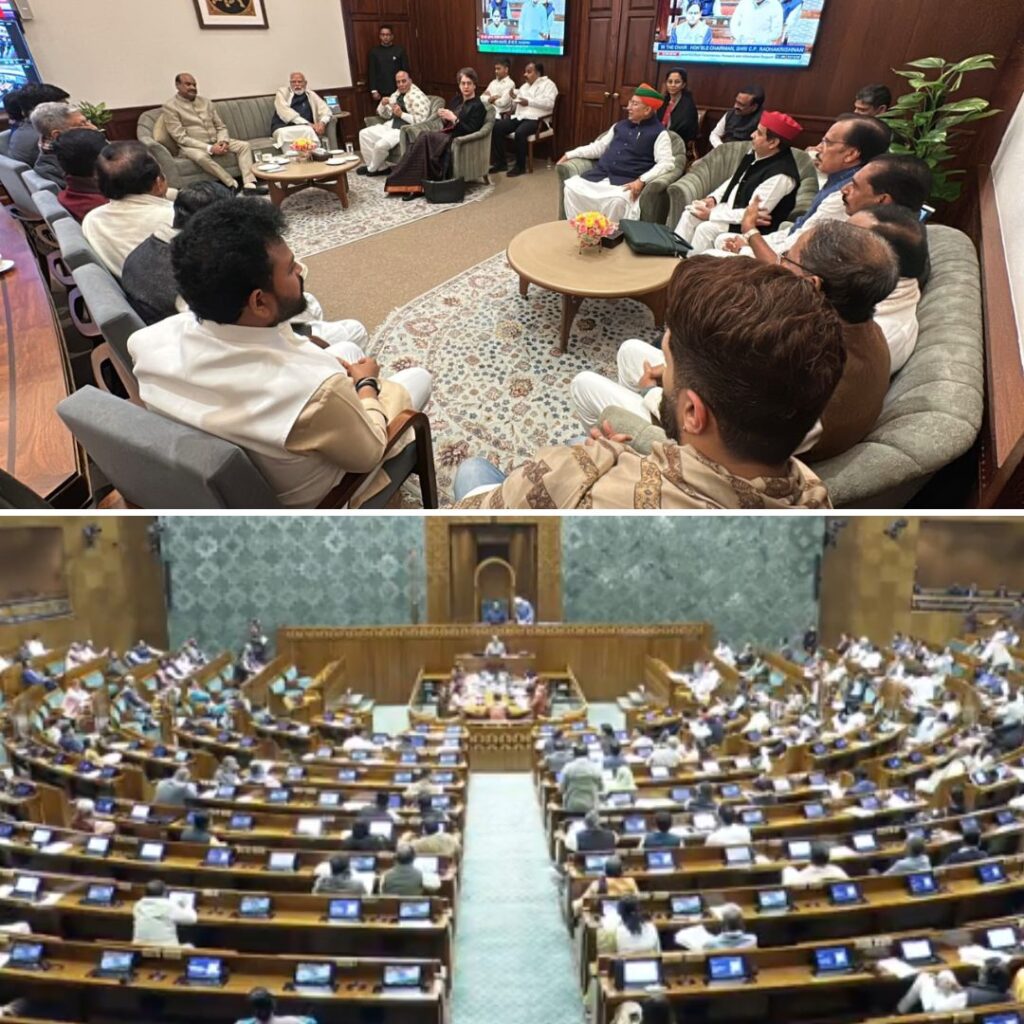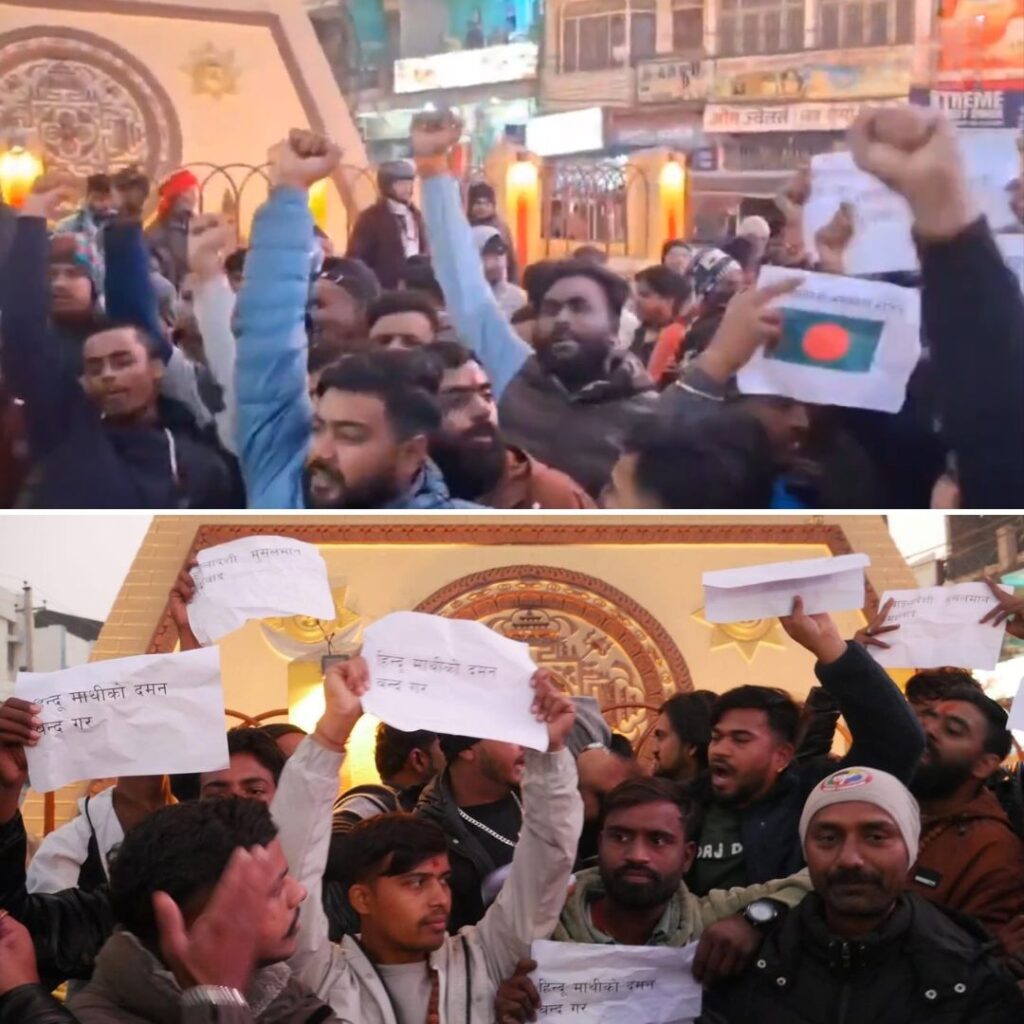According to a recent report from the Center For Global Development, the world’s poorest countries are paying higher prices for some basic medicines as compared to the wealthy nations.
The Washington-based study examined billions of dollars spent by emerging countries, stating that low and middle-income countries are paying 30 times more for medicines like omeprazole, for heartburn, or paracetamol, a common pain reliever.
Drug Quality- An Important Criteria
In rich countries, there exists a sense of trust among residents that all drugs are safe, authentic and valid.
Most families and doctors are happy to choose quality-assured non-branded generics that have been tested and checked for manufacturing quality and are priced well below their branded competitors. Unbranded drugs constitute just 5% of the entire medicine consumption.
In the United States and the United Kingdom, non-branded generic drugs constitute more than 80% of the total pharmaceutical consumption by volume and roughly 30% by value.
Poor Countries Paying Higher
In emerging countries, less quality control systems, regulations and low medicinal quality result in fraudulent drugs to enter the market.
This challenge is faced by many low and middle-income countries, including developing ones like Indonesia and Nigeria.
The study revealed a significant disparity in the proportion of poorer country’s use of unbranded generic drugs, usually the least expensive option. Branded generics comprise about two-thirds of the market by volume and value in developing countries.
People in developing countries fear using unbranded drugs, as they do not trust their quality.
Limited Competition- Another Failure?
Infiltrating into new markets is costly and demands an extended period for manufacturers. For every new drug, there exists a lengthy procedure of approval and review at several levels.
However, this competition maintains a check on medicine’s quality and prices. In the case of US, the entry of new generic competitors helps bring down princes by 6% after the first entrant, 48% after the second, and approximately 95% by the time a 19th generic manufacturer enters the market.
As per the report, In some large developing countries, thriving competition and low prices are a general trend. However, in small and middle-income countries, competition is restricted, and consumers face inflated prices: up to 30 times more than a minimum international reference for essential generic medicines.
What Can Be Done?
Some suggest increasing price transparency as a solution to these problems, the ease of entry and strategic promotion of non-branded drugs is an option.
The World Health Organization and the governments should focus on enhancing competition and creating strategic and effective policies for quality competition. Strict legal barriers can also prove to be extremely helpful, to reallocate resources to find out fraudulent or tainted drugs from the pharmacy pipeline.
The WHO came up with a ‘Collaborative Registration Procedure’ to minimise the costs of market entry of quality-assured generic products into low- and middle-income countries. WHO should expand and fund this process to make it a norm for comparatively small markets.
Policies for selecting products also need competition and improve the availability of medicines. Corruption in the procurement also poses a challenge to the entire process.
Patients across the globe are being affected by declining global markets for generic drugs. With leadership from the WHO and governments, countries can take significant steps in the correct direction to reduce this gap, which severely harms the world’s poor and developing.












